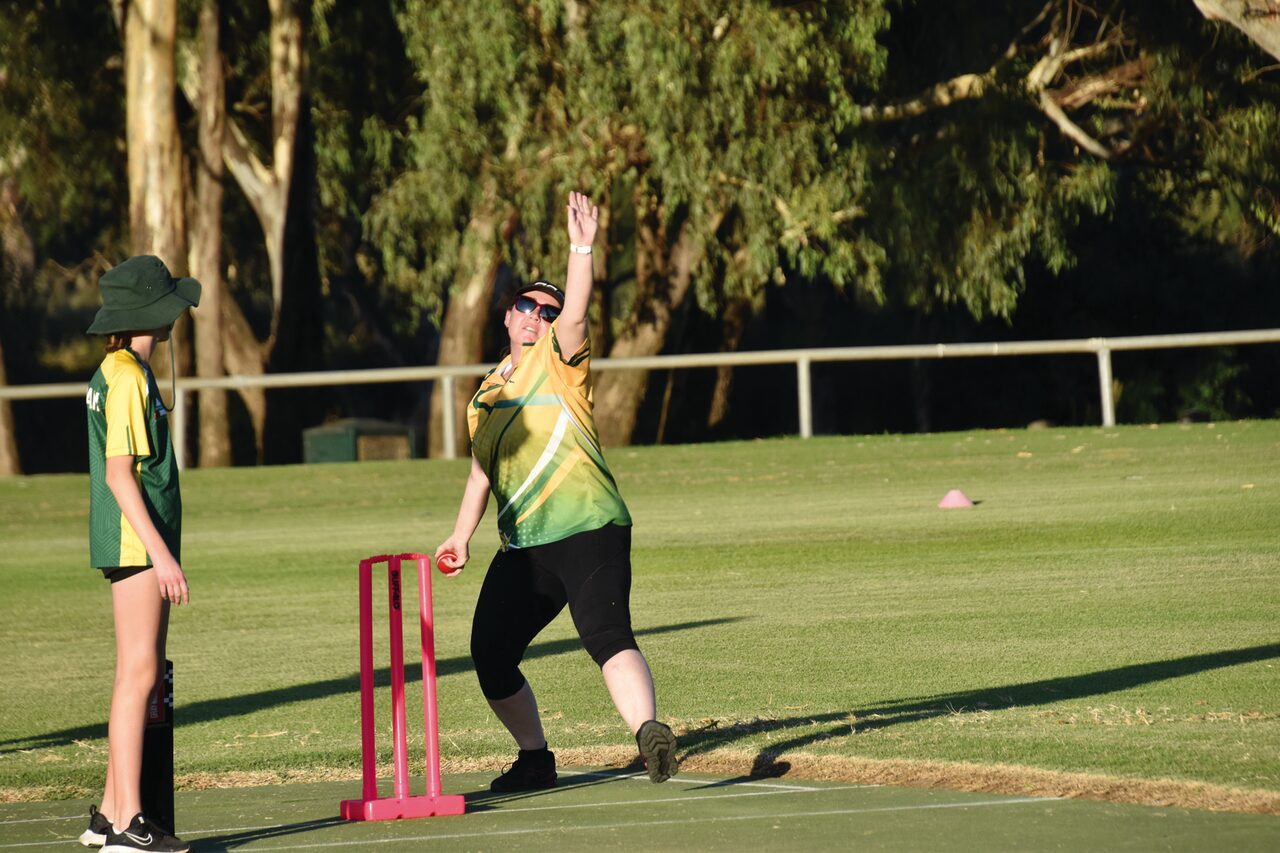
Seven researchers from the Department of Medical Biochemistry and Biophysics have been awarded grants totaling over 25.6 million SEK from the Swedish Cancer Society (Cancerfonden) for the period spanning 2026 to 2028. This significant funding will support various innovative cancer research projects, aiming to enhance understanding and treatment of the disease.
Among the recipients, Simon Elsässer will receive 3,000,000 SEK for his project focused on the systematic discovery and functional characterization of microproteins involved in key oncogenic mechanisms. His work aims to uncover the role of these microproteins in cancer development, potentially leading to new therapeutic targets.
Another awarded researcher, Björn Högberg, will also receive 3,000,000 SEK for developing autonomous molecular switches designed for anti-cancer treatment. This project seeks to create highly targeted therapies that can adapt to the changing conditions within tumors, increasing treatment efficacy.
Additionally, Lars Jakobsson has been granted 3,000,000 SEK to investigate the mechanisms of oncogenic transformation of vascular malformations into angiosarcoma. His research could provide insights into how certain blood vessel abnormalities can lead to aggressive forms of cancer.
Innovative Research Projects Funded
Sten Linnarsson will receive 4,500,000 SEK for his study on a previously overlooked stage in human glioblastoma. This research aims to identify early cellular changes that could lead to better diagnostic and treatment strategies for this aggressive brain cancer.
Further, Per Uhlén has been awarded 6,000,000 SEK to decode mechanisms of immunotherapy resistance by mapping the tumor microenvironment using advanced 3D imaging techniques. His work is crucial in understanding why some patients do not respond to immunotherapy, paving the way for improved treatment approaches.
Furthermore, Anna Wredenberg will receive 4,500,000 SEK to explore how mitochondrial factors shape liver zonation, differentiation, and cancer metabolism. Understanding these processes could provide new insights into liver cancer progression.
Lastly, Roman Zubarev has been granted 1,600,000 SEK for his project targeting orphan cancer cell death pathways through chemical proteomics. This research aims to identify novel pathways that could be exploited for cancer therapies.
The collective efforts of these researchers reflect a commitment to advancing cancer research in Sweden, demonstrating the potential for innovative solutions in combating this complex disease. The funding from the Swedish Cancer Society not only supports individual projects but also contributes to the broader fight against cancer, ultimately aiming to improve patient outcomes globally.







